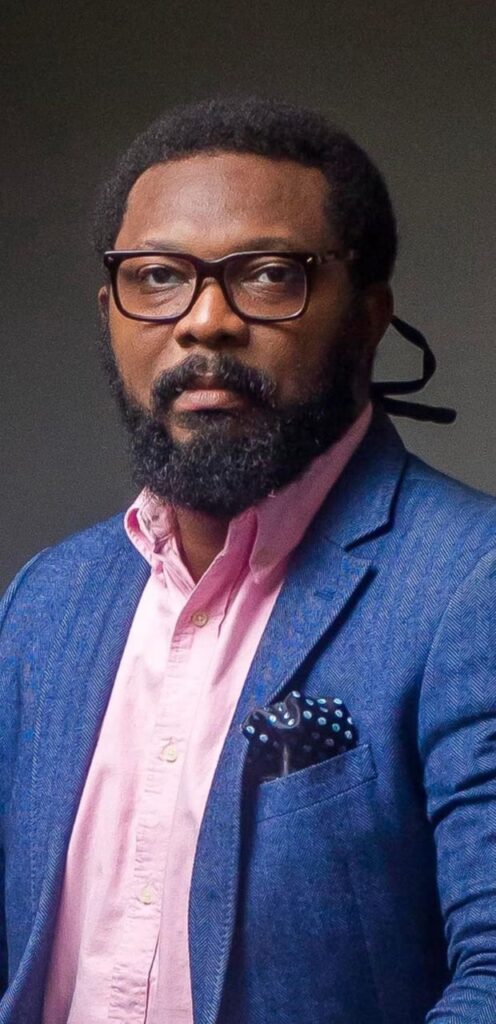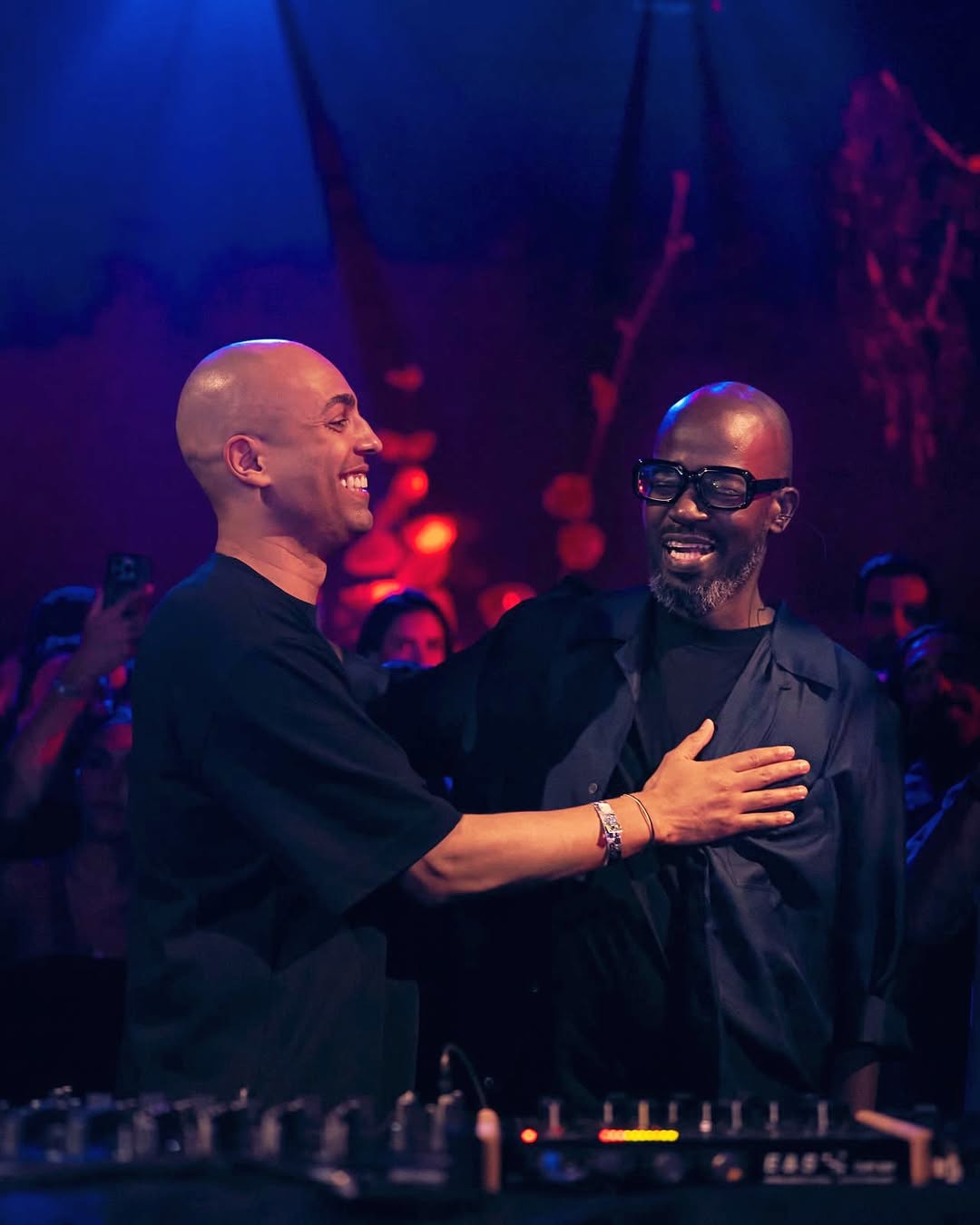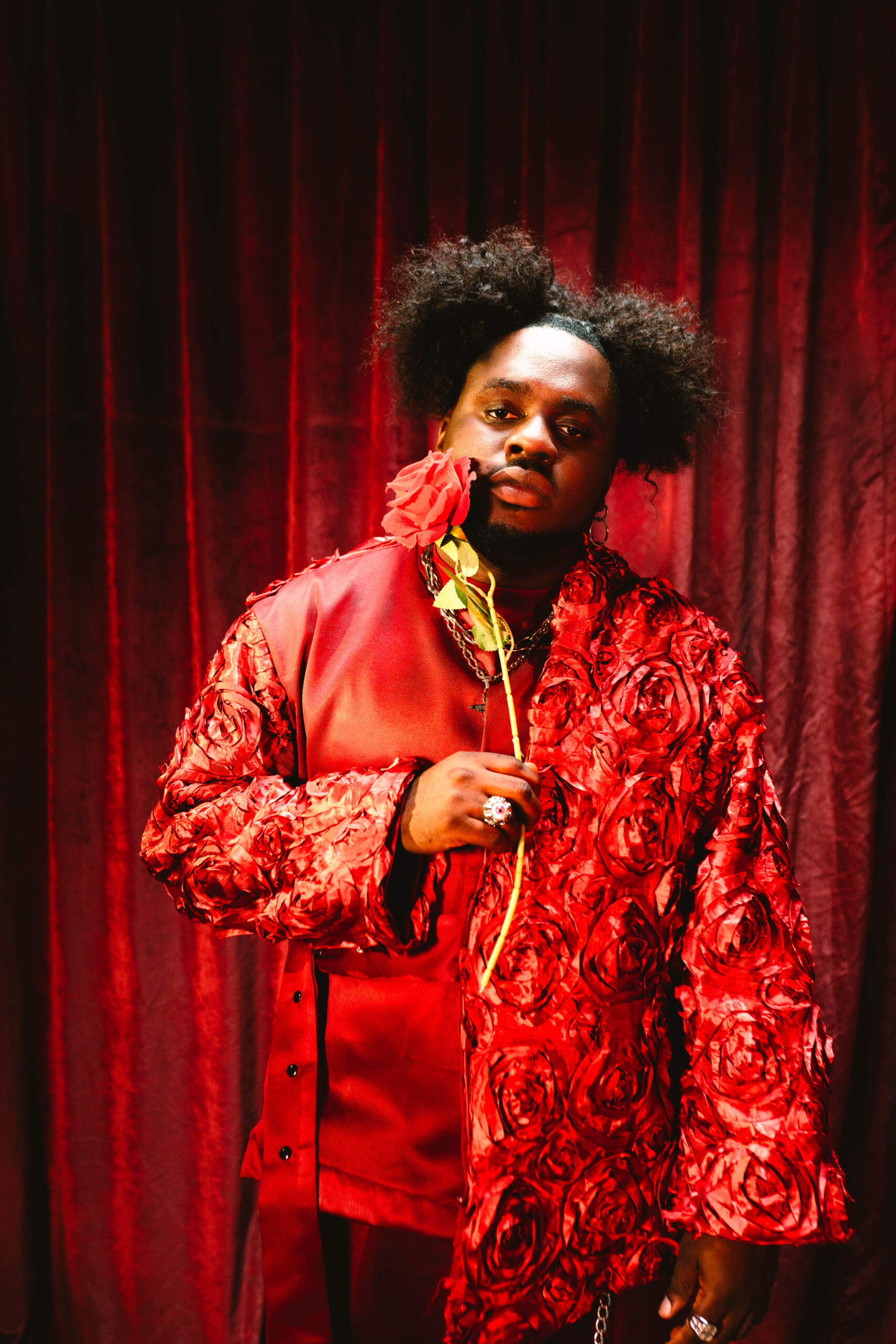Bomi Anifowose
Pop culture has always been a game of amplification, who has the tools, who sets the rhythm, who controls the stage lights. In Africa, where music is not just entertainment but currency, memory, and prophecy, technology has become the most decisive amplifier of all.
From the streaming platforms daring to make local hits travel, to outsourcing hubs matching African talent with global demand, to digital distribution companies ensuring independent voices don’t get lost in the algorithm, music tech has become the invisible scaffolding of Afrobeats, Amapiano, and every cultural export in between.
But behind every platform or innovation is a leader—a risk-taker blending code with culture, and business with rhythm. These are not just CEOs and executives; they are cultural architects, pulling African music closer to the center of global conversations. To spotlight them is to recognize the engines driving the soundtracks of our lives.
Here are 15 African Music Tech Leaders reshaping pop culture in real time:
1. Jideofor Okoro (Nigeria, Josplay):

At the helm of Josplay, Jideofor Okoro is building what is arguably one of Africa’s most significant digital music repositories. His work is not just about cataloging sound but preserving the cultural DNA of a continent. With Josplay, African genres, often marginalized in global metadata, are being archived, tagged, and algorithmically understood in ways that give them permanence in the digital sphere. In an age where algorithms dictate what gets heard, Okoro ensures that Africa’s polyphonic history doesn’t disappear into the void.
2. Paul Azumah-Ayitey ( Ghana, Boomplay)

As the face of Boomplay’s communications in Ghana, Paul Azumah-Ayitey has been instrumental in shaping the narrative of Africa’s largest streaming platform. His role goes beyond PR, it’s about translating the data-driven realities of streaming into cultural legitimacy for artists. Under his guidance, Boomplay hasn’t just grown users; it has grown trust among musicians wary of digital exploitation. Azumah-Ayitey’s work proves that in the music-tech ecosystem, storytelling is as crucial as coding.
3. Melissa Kariuki (Kenya, Whip Music)

Whip Music, led by Melissa Kariuki, is where data meets fandom. The platform uses analytics to track audience behavior and inform strategy for artists. Kariuki’s leadership is crucial in a market where data has often been scarce or underutilized. By empowering artists with insights usually reserved for major labels, she is leveling the playing field and ensuring Kenyan music doesn’t just compete locally but positions itself globally with intelligence.
4. Thabo “JR” Bogopa Jr (South Africa, FYVE):

A pioneer of independence, JR’s FYVE has become one of South Africa’s fastest-growing distribution platforms. Built for artists who don’t want to wait for a major label deal, FYVE puts autonomy at the center. JR, himself an artist, understands the frustrations musicians face, and has translated that into tech solutions. His company represents the power of insider-led innovation, musicians building for musicians.
5. Olukayode Adebayo ( Nigeria, Ckrowd)

As founder of Ckrowd, Olukayode Adebayo is rewriting Africa’s place in the global talent marketplace. His platform connects African and Latin American music professionals with international employers, positioning creative labor as Africa’s next great export. At a time when talent outsourcing is becoming the backbone of the digital economy, Adebayo has ensured African producers, DJs, managers, and A&Rs are not left on the sidelines. Ckrowd doesn’t just find gigs, it builds careers, making him one of the quiet but powerful disruptors of how African expertise meets global demand.
6. Kwame Baah (Ghana, Yve Digital & Get The Artiste):

Kwame Baah straddles two worlds: distribution and talent management. With Yve Digital, he has built a robust platform for independent artists to get their music heard, while Get The Artiste bridges artists with opportunities. Baah is carving out a reputation as a pragmatic innovator, solving problems that directly impact how Ghanaian music circulates. For fans, it means more access; for artists, it means more agency.
7. Nkosiphambili ‘Nkosi’ Molapisi ( South Africa, Sync Discovery):

At just 32, Nkosiphambili “Nkosi” Molapisi is carving a bold path as one of South Africa’s most inventive music-tech entrepreneurs. As the Co- founder and CEO of Sync Discovery, Molapisi is reimagining how African artists break through the oldest but still most influential gatekeeper in the industry: radio. His co-founded startup offers an AI-powered platform that distributes tracks to over 25,000 stations worldwide while giving artists real-time feedback on whether their songs are playlisted, rejected, or under review, and also does airplay monitoring in real time.
8. Addy Awofisayo ( Nigeria, YouTube Music, Subsaharan Africa):

As Head of Music for YouTube Sub-Saharan Africa, Addy Awofisayo sits at one of the most powerful intersections in the industry: between artists and one of the world’s largest video platforms. Her work has been central in scaling Afrobeats and Amapiano into global phenomena, leveraging YouTube’s reach to spotlight artists who might otherwise have remained local stars. In the streaming wars, Awofisayo has been Africa’s inside strategist, ensuring the continent’s sounds are not an afterthought but a frontline export.
9. Dolapo Olisa (Nigeria, Muzingo):

With Muzingo, Dolapo Olisa is tackling one of Africa’s most persistent challenges: music discovery. His platform blends data-driven curation with an ear for cultural nuance, making it easier for fans to find music beyond the mainstream. In an age of saturation where viral moments overshadow artistry, Olisa’s work ensures that artists, especially independents, still have a shot at organic growth. Muzingo is a reminder that algorithms can be reprogrammed to serve culture, not just clicks.
10. Tosin Ajibade aka Mr Eazi (Nigeria, emPawa Africa):

Mr Eazi’s music put him on global stages, but emPawa is where his most lasting legacy might lie. emPawa Africa isn’t just a distribution hub; it’s a pan-African talent incubator that has democratized access to funding and resources for young artists. By combining venture capital thinking with artist development, Eazi has redefined how African musicians dream. In him, the line between artist and tech mogul blurs seamlessly, and the continent gains a blueprint for how to recycle success back into the system.
If pop culture is a stage, then Africa’s music-tech leaders are not merely backstage engineers, they’re the ones quietly redesigning the architecture of the arena itself. Their tools are algorithms and distribution networks, but their impact is measured in how far a Lagos hook, a Nairobi verse, or a Johannesburg bassline can travel without losing its soul. The future of African music will not only be heard; it will be coded, scaled, and sustained by these visionaries who understand that technology is no longer an accessory to culture, it is culture.




